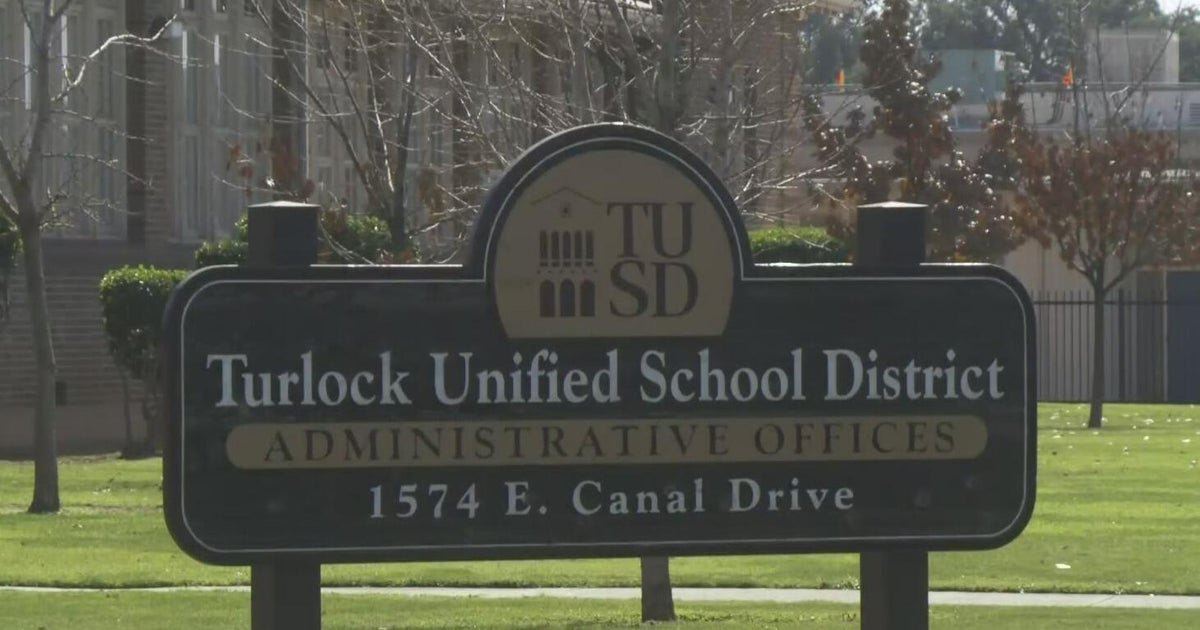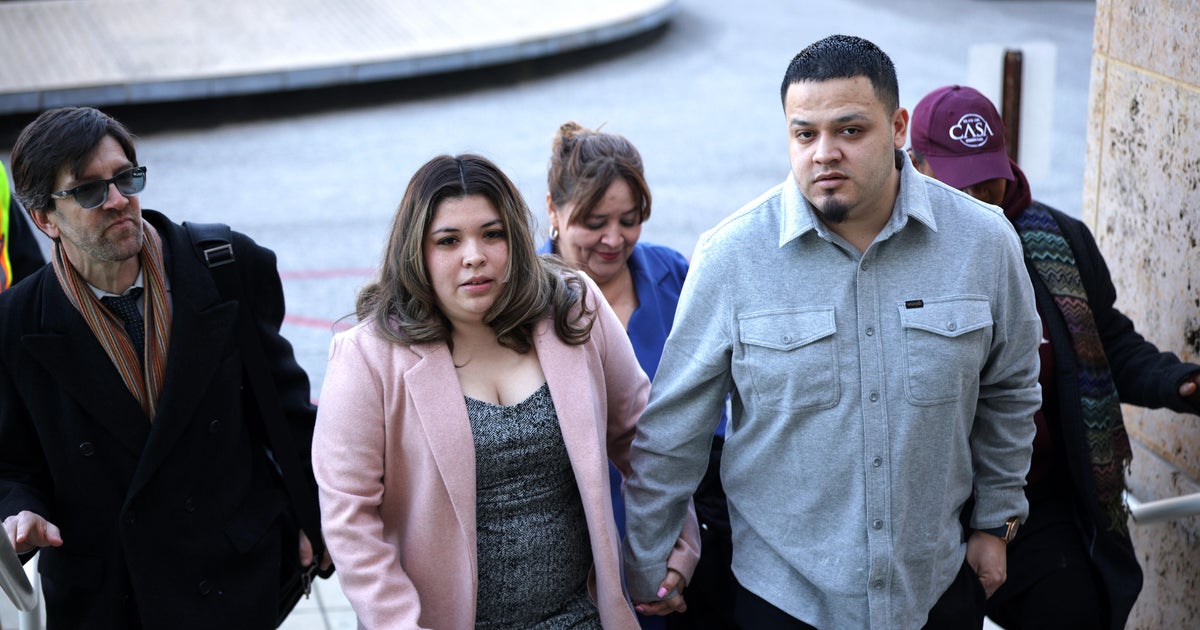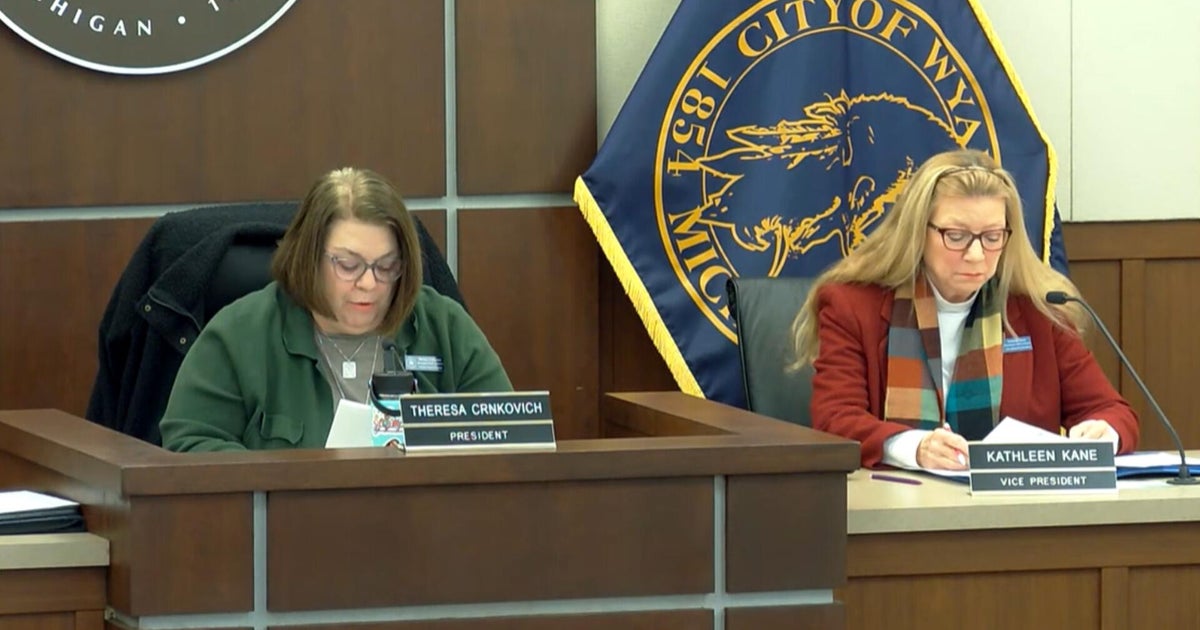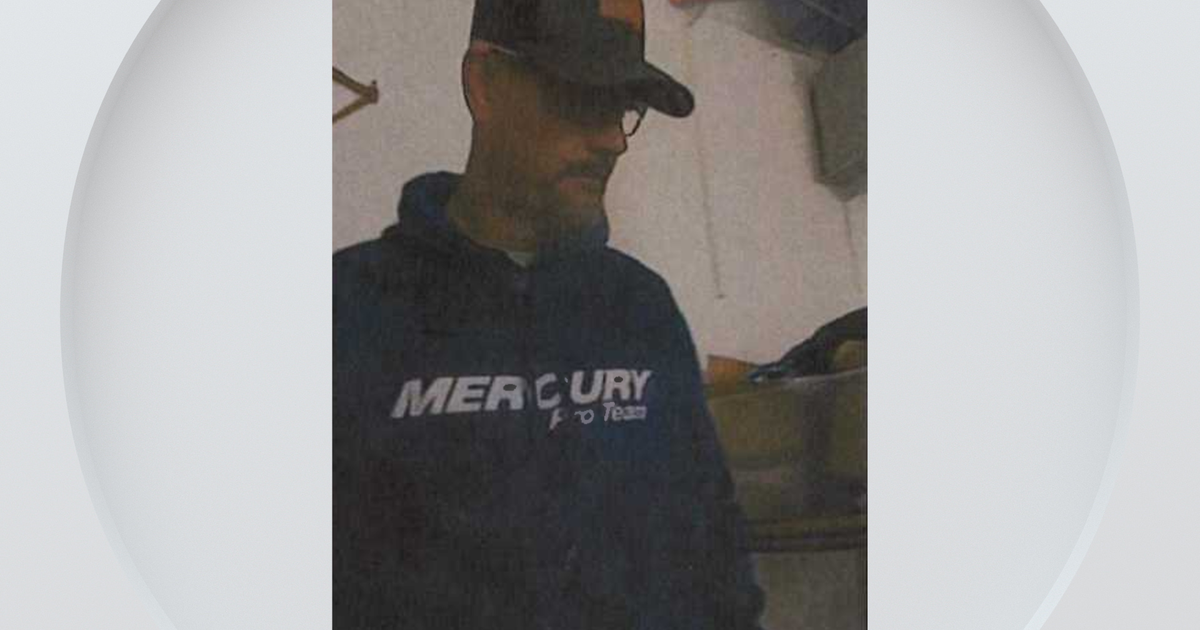Court Poses Hurdle To WikiLeaks Case File Access
WASHINGTON (AP) -- The U.S. military's highest court is asking WikiLeaks to explain why the military justice system, rather than civilian courts, is the proper venue for seeking routine judicial documents in the court-martial of an Army private charged with giving classified information to the secret-spilling website.
The jurisdictional issue was the first question raised by the Court of Appeals for the Armed Forces during an hour of oral arguments Wednesday in Washington. The panel of five civilian judges heard arguments on the main dispute but made it clear that the court must first be convinced it has jurisdiction.
Lawyers from the Center for Constitutional Rights and the government said they would submit briefs before the end of the month on that question. The New York-based civil-rights group is representing WikiLeaks, its founder Julian Assange and several left-leaning pundits and publications including The Nation magazine and the broadcast operation Democracy Now.
The Associated Press is among 30 news organizations supporting the appeal in a brief filed by the Reporters Committee for Freedom of the Press. They agree with the appellants that the First Amendment requires timely public access to written documents such as motions and rulings in Pfc. Bradley Manning's court-martial.
Such records are generally available in civilian courts on the day they are filed. The military is more restrictive. It contends that records of such proceedings are controlled not by the court-martial judge but by the Judge Advocate General's Corps, the military's legal branch.
Army Capt. Chad M. Fisher, representing the government at Wednesday's hearing, said anyone can request court-martial documents using the Freedom of Information Act. That can be a lengthy process, though, unless the request is quickly granted. In Manning's case, the military has denied such requests, including one by the AP, citing exemptions for disclosures that could interfere with law enforcement and the fairness of the proceedings.
The judges peppered the lawyers with questions Wednesday, rarely letting either side complete a sentence throughout the unusually long session. It was scheduled for 40 minutes.
Judge Margaret Ryan asked Fisher why the military doesn't take what she called a "commonsense" approach to disclosing routine court filings.
"Instead of making a constitutional issue out of it, why don't you just make it available?" she asked.
Appellants' attorney Shayana Kadidal said reporters' lack of access to written filings makes it hard for them to cover Manning's case, which is scheduled for trial in February.
"It's almost impossible to understand what's happening, even if you have access to the courtroom," he said.
The U.S. Supreme Court has held that the First Amendment mandates public access to criminal trials. The high court hasn't ruled that court records must be readily available but lower civilian court rulings favor that position.
Manning is charged with aiding the enemy, an offense punishable by life in prison, for allegedly sending hundreds of thousands of classified war logs and diplomatic cables to WikiLeaks while serving as an intelligence analyst in Iraq.
(Copyright 2012 by The Associated Press. All Rights Reserved.)







